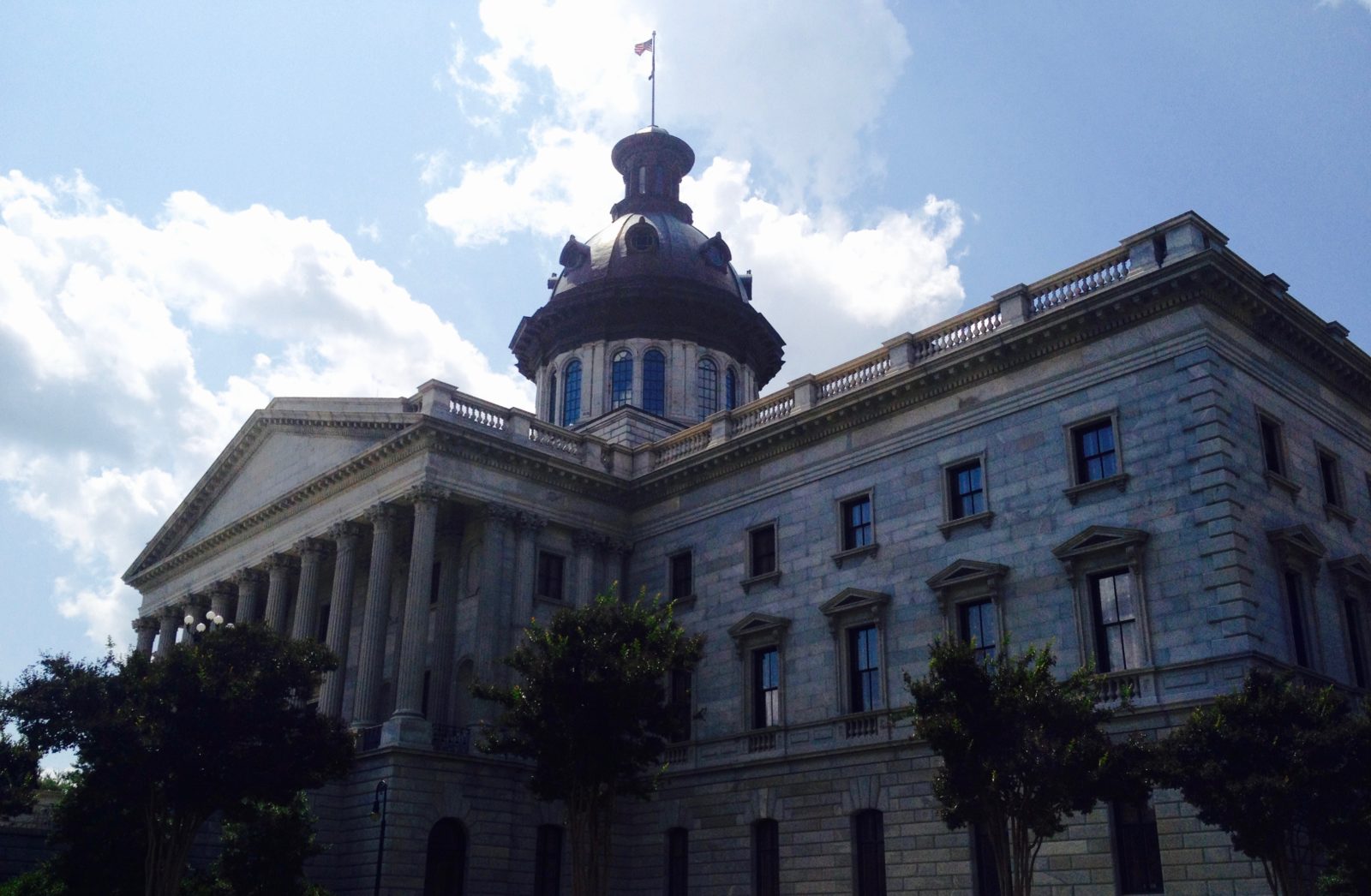#ProbeGate: David Pascoe’s Investigation Is Heating Up
EXPANSION? PARTISANSHIP? INDICTMENTS? It’s been almost two years since this website uncovered You must Subscribe or log in to read the rest of this content.
EXPANSION? PARTISANSHIP? INDICTMENTS?
It’s been almost two years since this website uncovered
